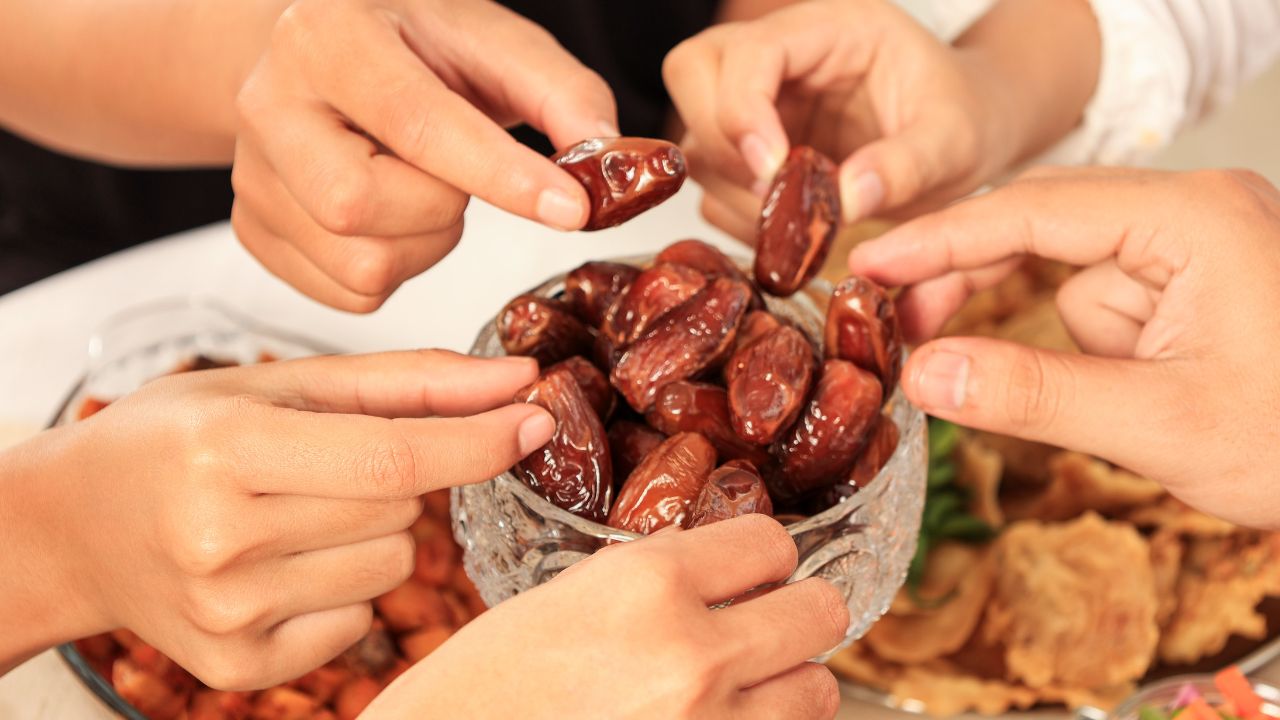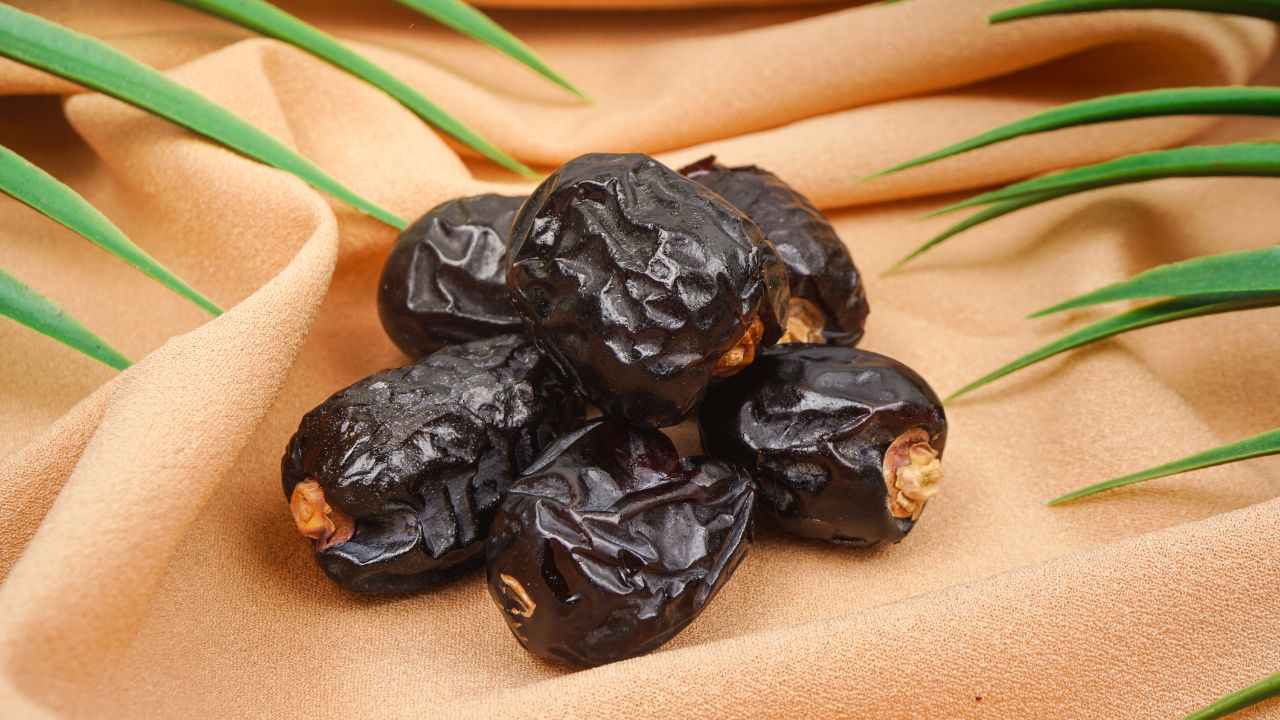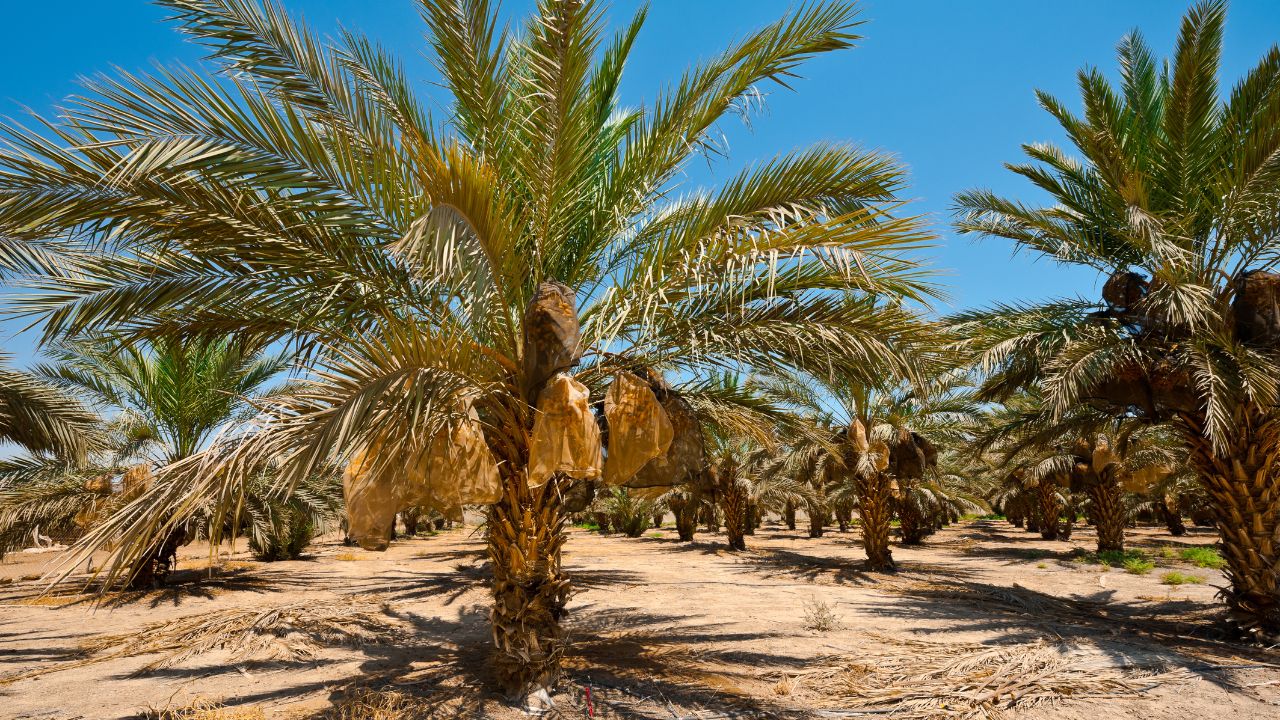
Learn why dates are a timeless Ramadan tradition and explore the most popular varieties
A huge part of Ramadan centres on the breaking of the fast, or Iftar, with many delicious dishes on offer on the Iftar table.
Before one tucks in, however, it is wise to break the fast with something simple. And in the case, the simple yet luscious date comes to the rescue
Why are dates so important during Ramadan?

Breaking the fast with dates isn’t just a random tradition – it’s deeply rooted in Islamic teachings. According to Hadith literature, the Prophet Mohammed (PBUH) used to break his fast with ripe dates and water before praying, giving the practice a spiritual significance that resonates to this day.
Beyond their religious importance, dates have been a dietary staple in the Middle East for thousands of years.
The region’s climate is ideal for cultivating these sweet fruits, and they are packed with nutrients that make them perfect for breaking a fast. Dates are high in natural sugars, potassium, magnesium, and fibre, which help replenish energy levels after a long day of fasting.
Dates are also incredibly versatile. Whether eaten alone, paired with Arabic coffee (gawa), or incorporated into recipes, they play a central role in Ramadan meals across the UAE and beyond.
What are the health benefits of dates?

Fasting all day can take a toll on the body, often leading to low blood sugar, headaches, or fatigue. Dates are nature’s remedy, offering an instant energy boost that can help alleviate these symptoms.
Their high fibre content also aids digestion, making it easier to enjoy the rich and flavourful meals that are a hallmark of Iftar.
For those concerned about hydration, dates are a great addition to Suhoor (the pre-dawn meal) because they contain essential minerals that support fluid balance.
Combined with plenty of water and hydrating fruits like watermelon, they can help you stay energised and avoid dehydration throughout the day.
A treasure trove of varieties: which dates should you try?
The Middle East boasts a staggering variety of dates, each with its unique flavour, texture, and history. Here’s a closer look at some of the most popular types you’ll find during Ramadan:
You might also like: The ultimate guide to Ramadan 2025
- Medjool Dates: Known as the “fruit of kings,” these large, caramel-like dates are sweet and chewy, making them a luxurious choice for breaking your fast.
- Ajwa Dates: These soft, black dates from Medina are rich in antioxidants and hold special religious significance, often considered a must-have during Ramadan.
- Sukkari Dates: Called the “Queen of Dates,” these golden, melt-in-your-mouth treats are both nutritious and delicious.
- Khudri Dates: Moderately sweet and chewy, these dates are versatile and widely enjoyed for their balanced flavour and affordability.
- Deglet Noor Dates: Semi-dry and less sweet, these dates are perfect for adding to dishes like salads and baked goods.
Each variety offers a unique experience, so don’t hesitate to explore and find your favourites.
Dates: a timeless Ramadan tradition
The enduring popularity of dates during Ramadan is a testament to their versatility, health benefits, and cultural importance. Whether you’re enjoying them plain, as part of a lavish Iftar spread, or gifting a beautifully packaged box to loved ones, dates symbolise the spirit of Ramadan: nourishment, generosity, and tradition.
So, as you prepare for Ramadan 2025, make sure to stock up on your favourite varieties and embrace this sweet tradition that has stood the test of time.
Follow Yalla for the latest news

